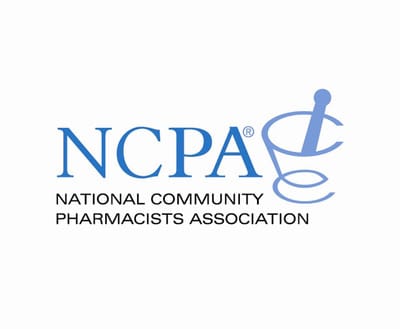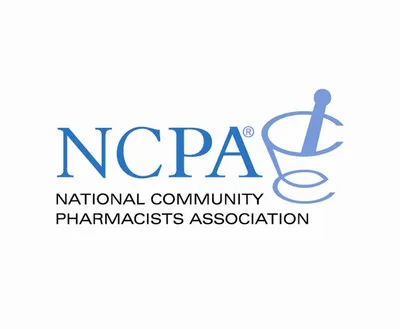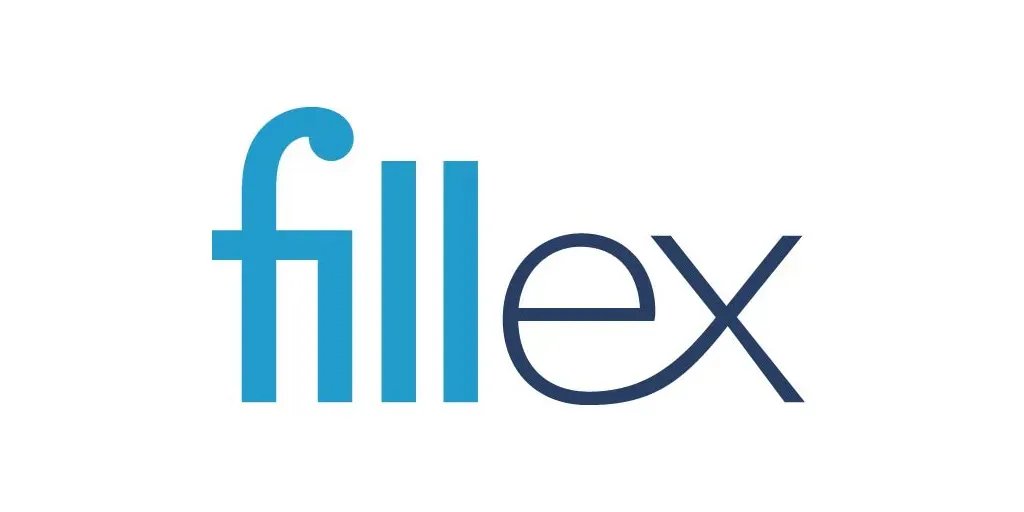ALEXANDRIA, Va. – The National Community Pharmacists Association is hailing moves today by the U.S. House of Representatives’ Committee on Oversight and Accountability to launch an investigation into pharmacy benefit managers. Kicking off the probe, Chairman James Comer (R-Ky.) is calling on the three largest PBMs –

CVS Caremark, Express Scripts, and OptumRx – to provide documents, communications, and information related to their practices that are distorting the pharmaceutical market and limiting high quality care for patients. Comer is also calling on officials at the Office of Personnel Management, the Centers for Medicare & Medicaid Services, and the Defense Health Agency for documents and communications to determine the extent PBM tactics impact health care programs administered by the federal government.
In addition to the Federal Trade Commission’s 6(b) study of PBMs and anticompetitive business practices and recent legislative developments in the U.S. Senate, momentum is clearly building in Washington in favor of PBM transparency and reforms. This also follows much state-level action to examine and change PBM practices.
Applauding the start of the investigation, NCPA CEO B. Douglas Hoey, pharmacist, MBA, says, “While PBM-insurer conglomerates have grown even bigger and even richer, patients, employers and small business pharmacies have been left to suffer. After years of work by NCPA and others, the tide in Washington seems to be turning, with this latest investigation and other ongoing efforts offering hope that changes will be coming. NCPA and our members stand ready to assist Chairman Comer and the committee as they work to uncover PBM business practices that increase health care costs and to advance a health care model that better serves their constituents.”
To access Comer’s letters to the PBMs, OPM, CMS, and DHA, click here.









